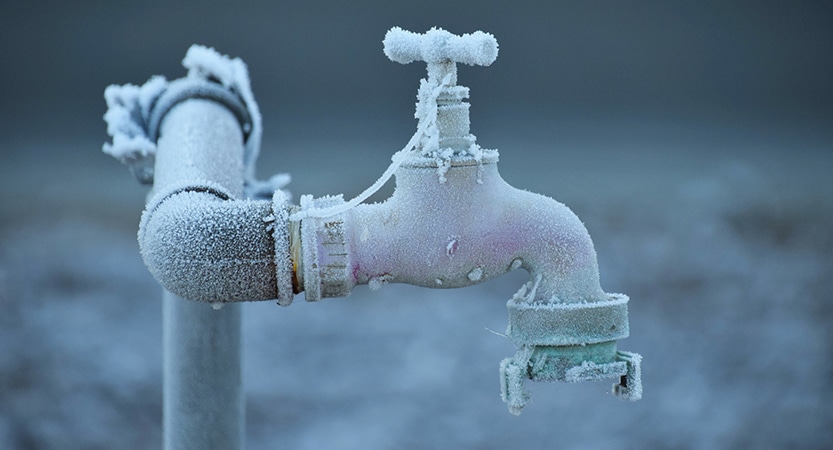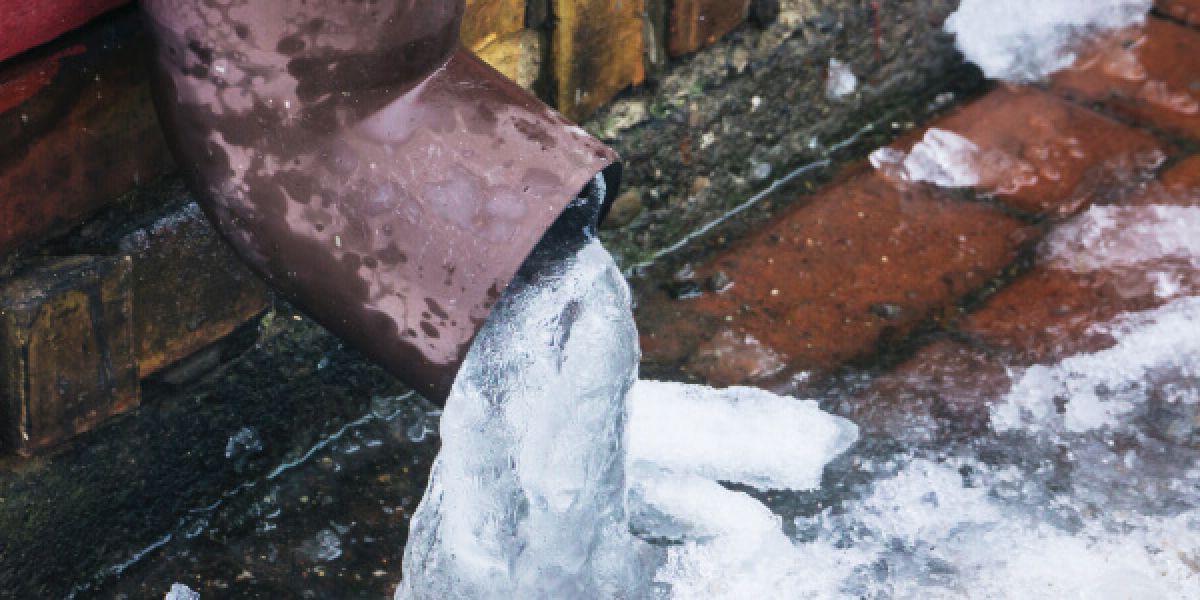Guidance for Preventing Frozen Pipes in Winter: Expert Advice
Guidance for Preventing Frozen Pipes in Winter: Expert Advice
Blog Article
Are you currently searching for information concerning Helpful Tips to Prevent Frozen Pipes this Winter?

Cold weather can wreak havoc on your pipes, particularly by freezing pipelines. Right here's just how to prevent it from happening and what to do if it does.
Intro
As temperature levels decline, the danger of icy pipelines boosts, potentially resulting in expensive repair services and water damages. Comprehending just how to avoid frozen pipelines is vital for homeowners in cold environments.
Avoidance Tips
Shielding prone pipes
Cover pipes in insulation sleeves or use warmth tape to shield them from freezing temperatures. Focus on pipes in unheated or exterior locations of the home.
Home heating techniques
Maintain interior areas adequately heated, specifically locations with plumbing. Open cabinet doors to enable warm air to circulate around pipelines under sinks.
Exactly how to identify icy pipelines
Search for reduced water circulation from taps, uncommon odors or noises from pipelines, and noticeable frost on subjected pipes.
Long-Term Solutions
Structural changes
Consider rerouting pipes far from exterior walls or unheated areas. Add added insulation to attics, basements, and crawl spaces.
Upgrading insulation
Purchase high-grade insulation for pipes, attics, and wall surfaces. Correct insulation assists preserve constant temperatures and decreases the risk of frozen pipes.
Securing Exterior Plumbing
Yard hoses and outdoor faucets
Disconnect and drain pipes yard hose pipes before winter season. Mount frost-proof spigots or cover outdoor faucets with protected caps.
Comprehending Frozen Pipelines
What creates pipelines to ice up?
Pipes ice up when revealed to temperature levels below 32 ° F (0 ° C) for prolonged periods. As water inside the pipelines freezes, it increases, taxing the pipeline walls and potentially triggering them to break.
Risks and problems
Icy pipes can result in water supply disruptions, home damage, and expensive repair work. Burst pipelines can flood homes and create considerable architectural damage.
Indications of Frozen Pipes
Recognizing frozen pipelines early can prevent them from bursting.
What to Do If Your Pipelines Freeze
Immediate actions to take
If you believe icy pipes, keep faucets open up to ease stress as the ice thaws. Utilize a hairdryer or towels taken in warm water to thaw pipelines gradually.
Verdict
Preventing icy pipes requires positive steps and fast feedbacks. By recognizing the causes, indicators, and preventive measures, home owners can protect their plumbing during cold weather.
6 Proven Ways to Prevent Frozen Pipes and Protect Your Home
Disconnect and Drain Garden Hoses
Before winter arrives, start by disconnecting your garden hoses and draining any remaining water. Close the shut-off valves that supply outdoor hose bibs and leave the outdoor faucet open to allow any residual water to drain. For extra protection, consider using faucet covers throughout the colder months. It’s also important to drain water from any sprinkler supply lines following the manufacturer’s directions.
Insulate Exposed Pipes
Insulating your pipes is an effective way to prevent freezing. Pipe insulation is readily available at home improvement stores and is relatively inexpensive. Pay close attention to pipes in unheated areas such as the attic, basement, crawl spaces, or garage. Apply foam insulation generously to create a buffer against the cold. You can also wrap your pipes in heat tape or thermostat-controlled heat cables for added warmth.
Seal Air Leaks
Inspect your home for any cracks or openings that could let in cold air. Seal any holes around the piping in interior or exterior walls, as well as the sill plates where your home rests on its foundation. Additionally, make sure to keep your garage door closed unless you’re entering or exiting. Leaving it open creates a significant air leak that can lead to frozen pipes.
Allow Warm Air Circulation
During cold snaps, it’s essential to allow warm air to circulate evenly throughout your home. Leave interior doors ajar to promote better airflow. Open kitchen and bathroom cabinets to help distribute heat consistently around the rooms. If you have small children or pets, be sure to remove any household chemicals or potentially harmful cleaners from open cabinets for safety.
Let Faucets Drip
A small trickle of water can make a big difference in preventing ice formation inside your pipes. When temperatures drop significantly, start a drip of water from all faucets served by exposed pipes. This continuous flow helps prevent the water from freezing. Additionally, running a few faucets slightly can relieve pressure inside the pipes, reducing the chances of a rupture if the water inside does freeze.
https://choateshvac.com/6-proven-ways-to-prevent-frozen-pipes-and-protect-your-home/

As an enthusiastic person who reads on How to prepare your home plumbing for winter weather, I think sharing that excerpt was beneficial. Don't hesitate to take a moment to distribute this blog post if you liked it. I value your readership.
Estimating Report this page